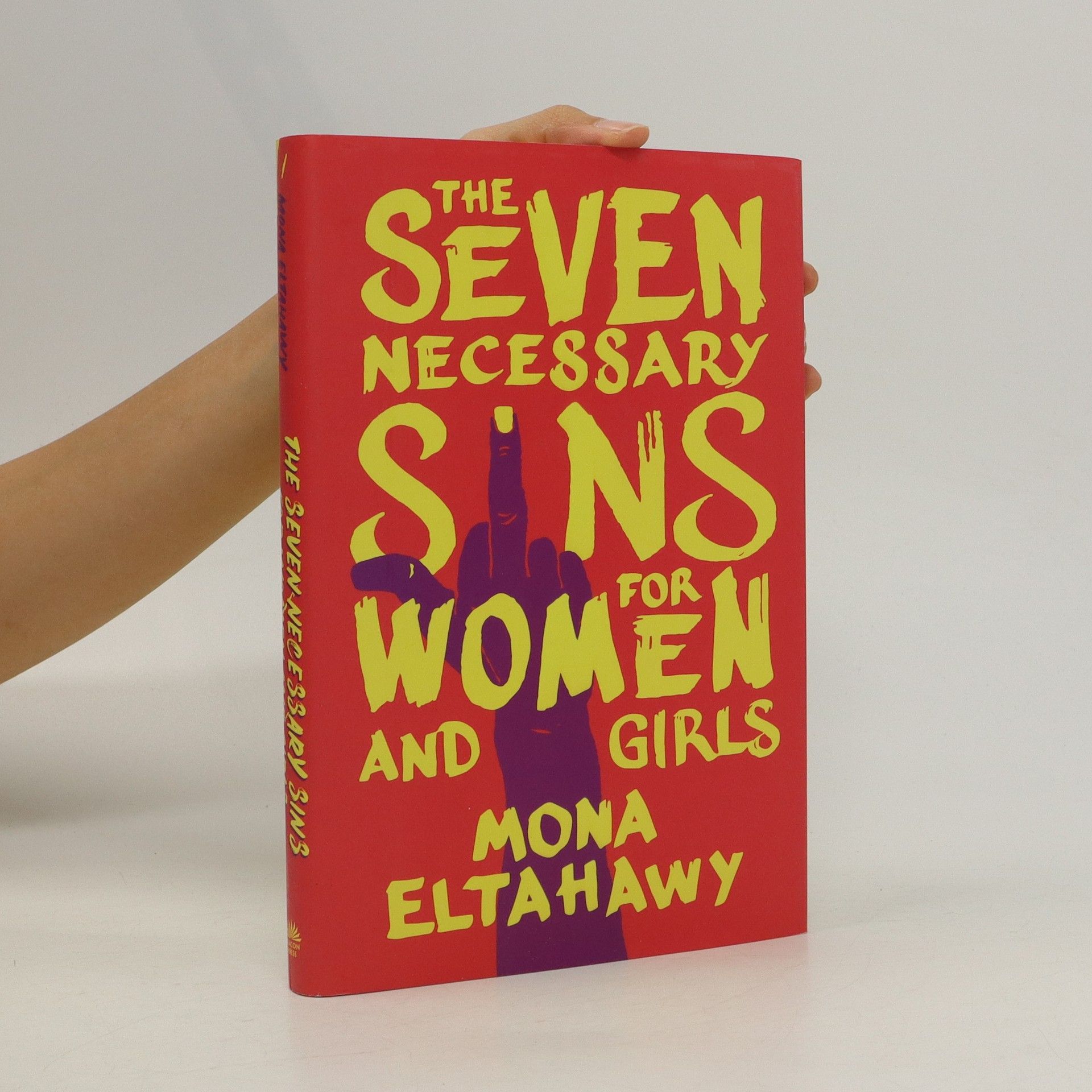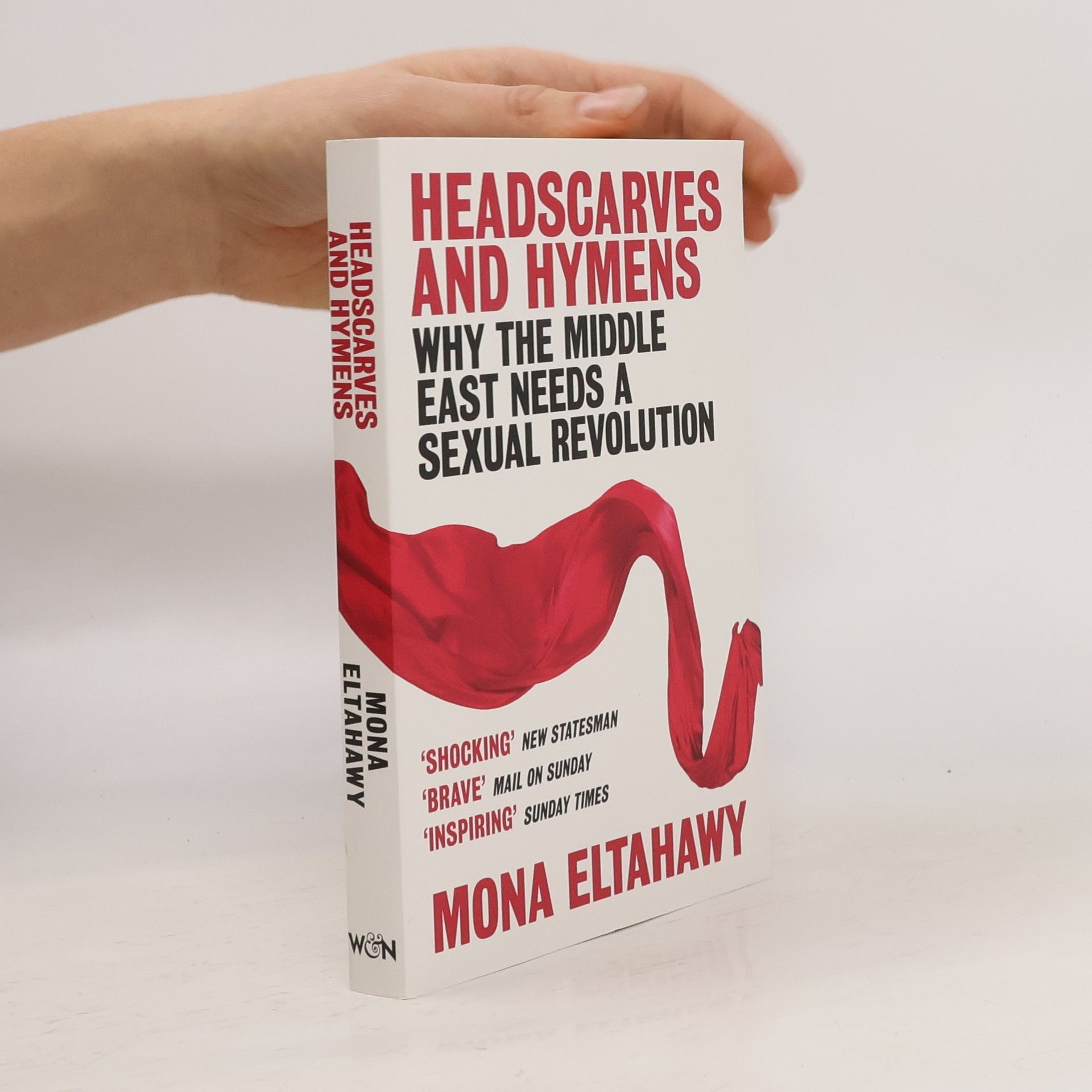Headscarves and Hymens
Why the Middle East Needs a Sexual Revolution - englische Ausgabe
- 240 stránek
- 9 hodin čtení
In 2012, Mona Eltahawy wrote a piece in Foreign Policy entitled 'Why Do They Hate Us'; 'They' being Muslim men, 'Us' being women. It sparked huge controversy. Headscarves and Hymens will be a polemic based on this piece and Mona's own personal story. In November 2011, Egyptian riot police beat her, breaking her left arm and right hand, and sexually assaulted her. She was detained for 12 hours by the Interior Ministry and Military Intelligence. In Headscarves and Hymens, Eltahawy takes her argument further. Drawing on her years as a campaigner and commentator on women's issues in the Middle East, she explains that since the Arab Spring began, women in the Arab world have had two revolutions to undertake: one fought with men against oppressive regimes, and another fought against an entire political and economic system that treats women in countries from Yemen and Saudi Arabia to Egypt, Tunisia, and Libya as second-class citizens. Eltahawy has travelled across the Middle East and North Africa, meeting with women and listening to their stories.Her book is a plea for outrage and action on their behalf, confronting the 'toxic mix of culture and religion that few seem willing or able to disentangle lest they blaspheme or offend.' A manifesto motivated by hope and fury in equal measure, Headscarves and Hymens is as illuminating as it is incendiary.



